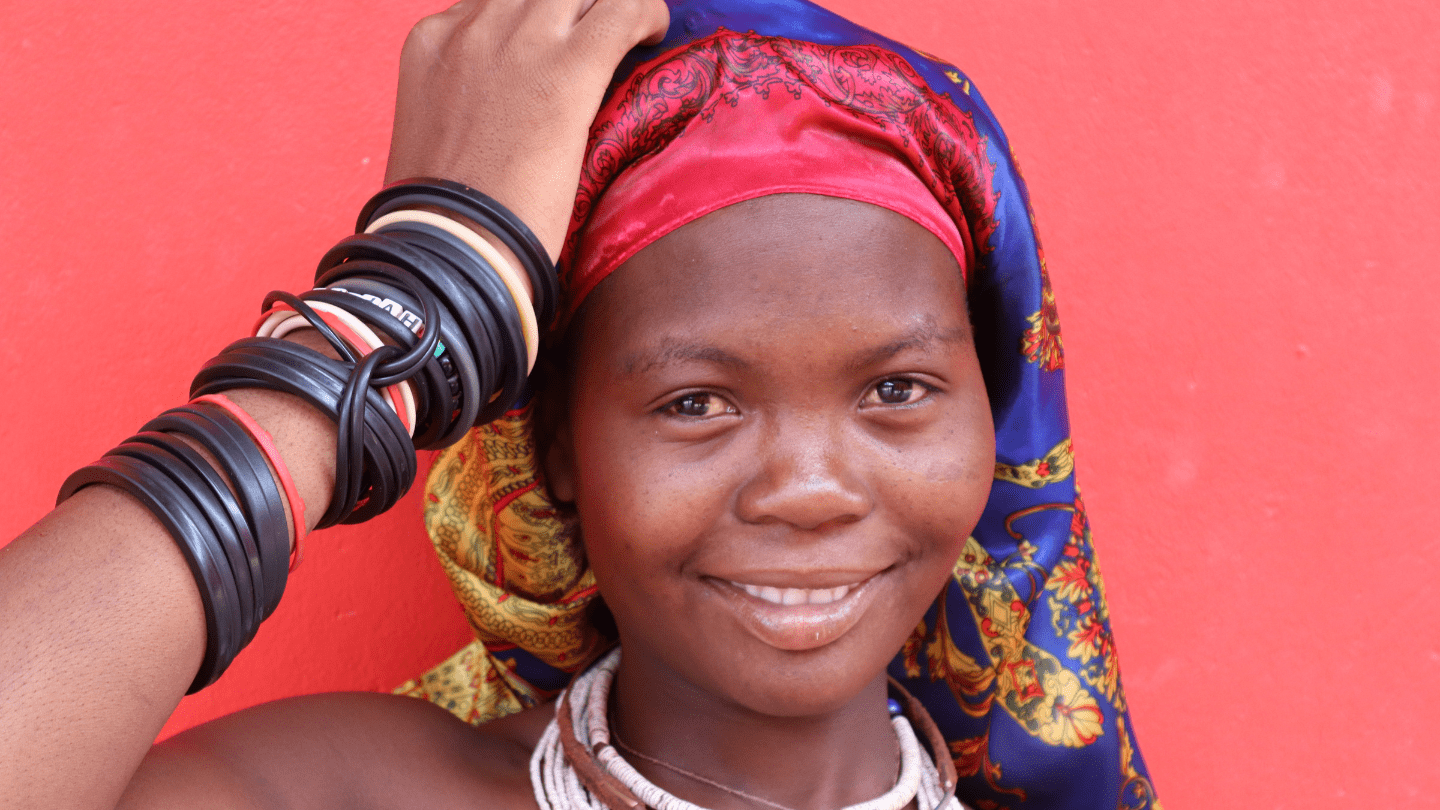
Leaving home for a safe delivery
OPUWO, Kunene Region - Uejaorune Tjiposa, just 17, is expecting her first child. Her journey to Opuwo, the capital town of Kunene, about 50 kilometers from her home in Ohandungu, was not by choice but by necessity.
Her young age increases the risk of complications during childbirth, making access to medical care essential. However, her home village, Ohandungu, is far from the nearest hospital. “My parents sent me here. They told me I would be better off here, that I would be safe, and my baby as well. At home, we don’t have transport to reach the hospital in time if something happens,” she says.
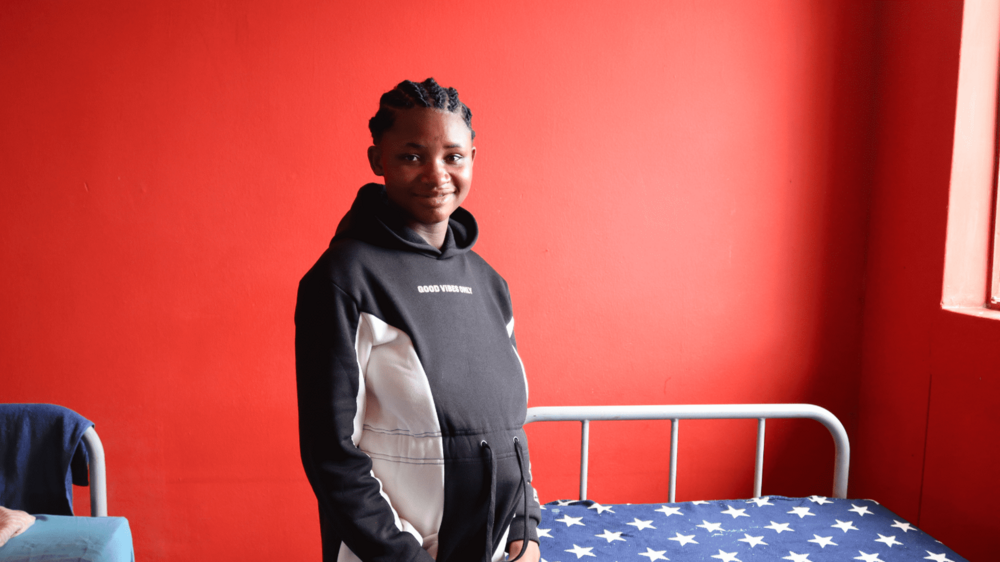
Similarly, Inuaite Munetjavikua, also 17 and expecting her first baby, traveled from Okarikoro, 15 kilometers away, following her parents’ guidance. Her parents insisted she come to the maternity waiting home, fearing the risks of giving birth at home.
It's my first baby, and I’m nervous about the big day.
“It's my first baby, and I’m nervous about the big day,” Inuaite shares. “But at least here, I am close to the hospital if I need help.”
As their delivery date approached, these two expectant mothers were housed at the Kazetjitindire Angelika Muharukhua Maternity Waiting Home, a facility that provides an important lifeline for expectant mothers in the remote Kunene region.
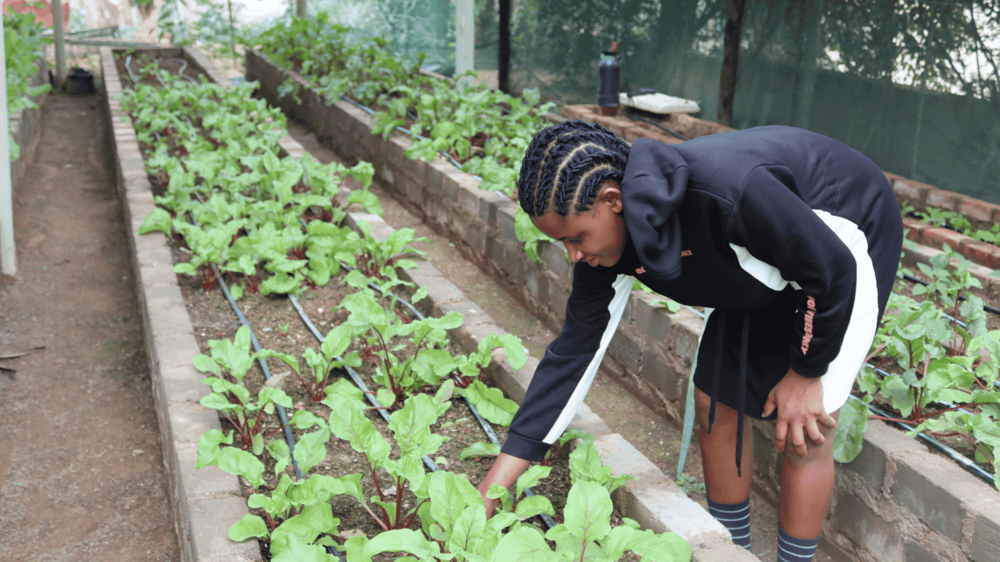
A place of comfort and support
For these young expectant mothers, access to hospital care is life-saving, significantly lowering the risk of maternal deaths and childbirth-related injuries, such as obstetric fistula. Hospitals provide a safer environment for delivery, offering skilled healthcare professionals, modern medical equipment, and emergency care to manage any complications that may arise.
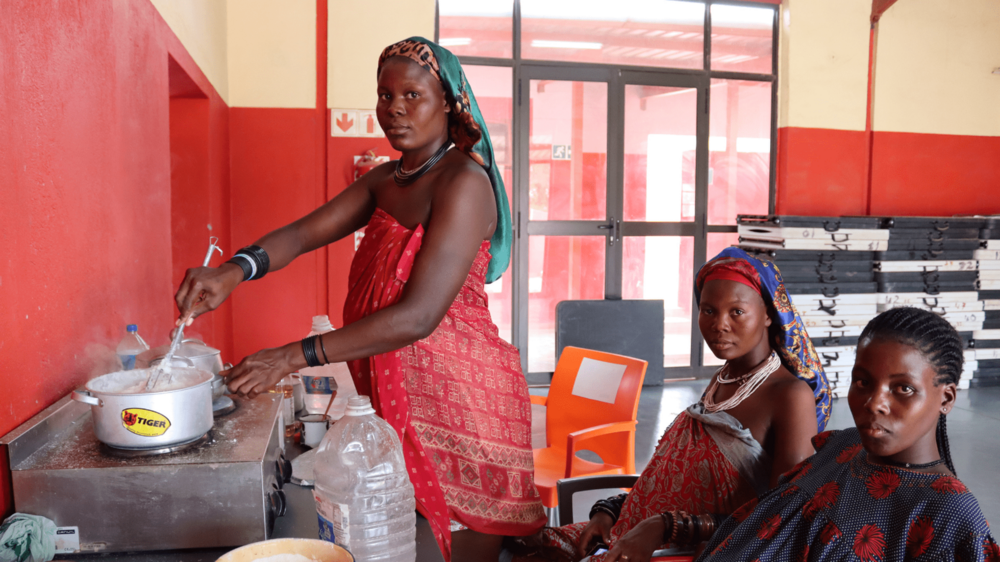
Uejaorune and Inuaite come from a region with one of the lowest hospital delivery rates in Namibia, a troubling reality that puts many mothers at risk. Poor roads, lack of transportation, and long distances to healthcare facilities make it difficult for pregnant women in rural areas to reach medical help in time. By staying at the maternity waiting home, they can prepare for childbirth with the reassurance that medical support is within reach.
Kunene Regional Health Director, Mr. Thomas Shapumba, during an United Nations Namibia tour of the maternity waiting home on 7 March 2025, which was part of International Women's Day commemorations, expressed his satisfaction with the improvements in maternal healthcare. “In the past, many women gave birth at home, facing life-threatening complications without medical assistance. But now, with the maternity waiting home, they can receive the healthcare they need in a safe and supportive environment,” he said.
The visit was led by United Nations (UN) Resident Coordinator Ms. Hopolang Phororo, who was accompanied by United Nations Population Fund (UNFPA) Namibia Representative Erika Goldson and UN Women South Africa Representative Aleta Miller.
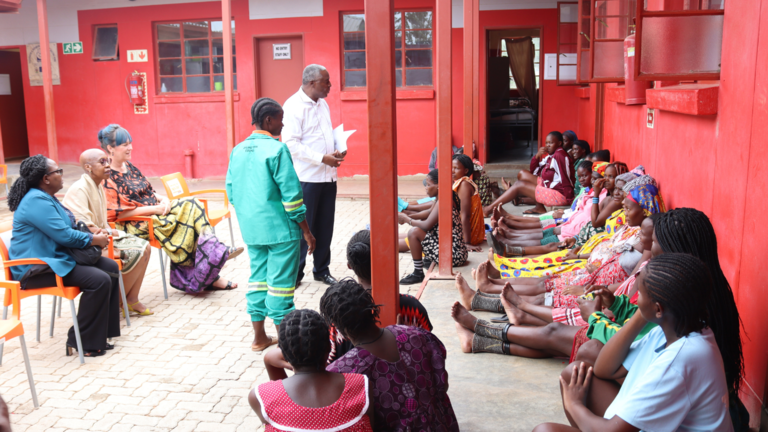
Supporting safe pregnancy and childbirth
Established in 2013 with UN support, the maternity waiting home provides a safe space for expectant mothers to stay near the Opuwo District Hospital before delivery. The facility includes sleeping quarters, a shared kitchen, a dining area, bathrooms, and a meeting space, accommodating up to 40 women.
The World Health Organization (WHO), with European Union (EU) funding, supported its construction, while the World Food Programme (WFP) established a garden to provide pregnant women with nutritious food. In 2023, UNFPA’s Leaving No One Behind project, funded by the Embassy of Japan in Namibia, helped refurbish the home and provided essential items, including dignity kits, stoves, a refrigerator, dining furniture, blankets, and mosquito nets.
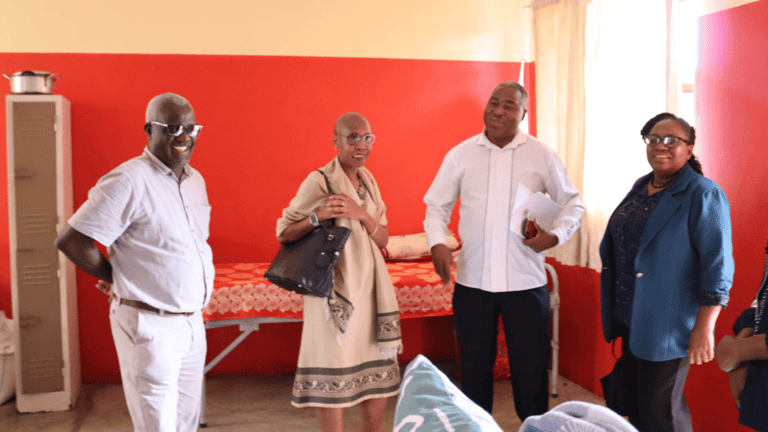
No woman, anywhere, should have to risk her life during childbirth due to where she lives.
Speaking during the visit, Ms. Phororo stressed the UN's commitment to strengthening maternal health: “It was a privilege to spend time with the women, listen to their experiences, and better understand the challenges they face,” she said. “No woman, anywhere, should have to risk her life during childbirth due to where she lives. Together, with our partners, we can and must work to ensure that every woman has access to the quality maternal care she deserves,” she added.
Maternity waiting homes (MWHs) empower women and promote gender equality by providing safe spaces for pregnant women, especially in remote areas, and ensuring access to skilled maternal care. By safeguarding women’s health, MWHs enable greater social and economic participation, while challenging gender norms by prioritizing women’s health and rights. They are a key link between health equity, women’s empowerment, and gender equality.

